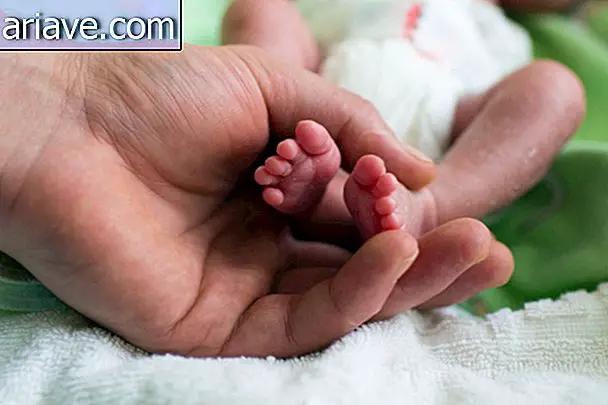Scientists wonder if plastic is making men infertile
According to surveys conducted in Europe, one in six young adults have low testosterone levels and low sperm counts, and some believe the reason is continued exposure to plastic. However, there are studies for and against this theory, which makes a definitive answer to the question is still far from being found.
Plastic is part of our daily lives in so many ways that it is difficult for anyone to number them all. To give some basic examples, it's in your toothbrush, in almost any package, children's toys, pots and jars, the fridge, the computer, the cars, and even some clothes.
The difficulty in determining whether or not plastic is harmful comes from the fact that there is no control group - which has not been exposed to the substance - that serves as a comparison for a detailed study. You may be thinking that you are not so exposed to contact with plastic that much, but the disposable cup in which you drink water or coffee at work, your computer mouse and keyboard, and even the headset you use on the way home to The work or school is made of this material.

Would it be the plasticizers' fault?
An interesting fact about plastic is that it is naturally hard and brittle. What makes it malleable and resistant are various types of chemicals, called plasticizers. The more flexible a plastic, the more plasticizer added to it.
The problem is that these products “leak” from plastic over time, which explains why objects made of plastic become stiff and brittle over the years. The most commonly used plasticizer is called phthalate, derived from phthalic acid, and has several different uses, depending on how it is used.
Tests on laboratory rats showed that pregnant females who were exposed to phthalates had low sperm count pups, which would be a clue to the thesis in favor. However, the applied dosage was 50, 000 times higher than the average exposure that a pregnant human suffers.

The answer is still a mystery.
Human fetuses (obtained ethically from legally authorized abortions) exposed to the same plasticizer overexposure showed no variation in testosterone levels. Chimpanzee tests, more genetically similar to humans than rats, also showed no significant differences.
Although conflicting results such as these are common in scientific studies, which gives room for further research, this ultimately increases the time required to find a definitive answer to the problem. In the meantime, the question remains: Is continuous exposure to plastic making men infertile or not?
And if not, what is the cause then? Leave your suggestions in our comments area.











